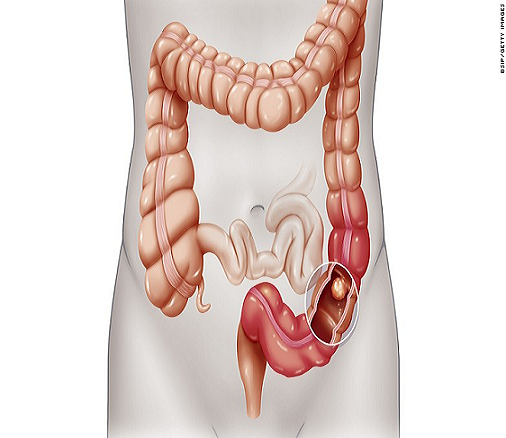Introduction
This cancer begins in either the colon or the rectum. These cancers start in the inner linings of the colon/rectum from growths known as polyps growing. There are 3 types, which include adenomas, hyperplastic/inflammatory polyps, and sessile/traditional serrated polyps/adenomas. The cancer starts in the most inside part of the colon/rectum. Eventually without treatment, the cancer can spread to blood vessels and/or lymph nodes. The most common colorectal cancers are adenocarcinomas. The less common tumors include: Carcinoid, gastrointestinal stromal tumors, lymphomas, and sarcomas. There is a large amount of risk factors which can be seen here,
Mechanisms and genetic alterations
The most common mutated genes for this cancer are APC, TP53, KRAS/a>, PIK3CA, LRP1B, FBXW7, PCLO. The most common copy number alteration genes include ASXL1, BCL2L1, FBXW7, DNMT3B.
Current bladder cancer treatments
At stage 0, surgery is used to get rid of the polyp. At stage 1, the cancer is grown more into the colon/rectum but hasn't left it yet. Surgery is often the common treatment here, but multiple surgeries may be required after the initial one. At stage 2, the cancer has grown through colon/rectum, but not to lymph nodes. Surgery on close lymph nodes and on the colon/rectum's section that has cancer. After surgery, chemo may be used. At stage 3, colon cancer has spread to closeby lymph nodes, but not too far throughout the body. Surgery then chemo is used here. Sometimes, raidiation is also used to make the cancer smaller. At stage 4, the cancer has traveled to further organs (liver, lungs, brain, peritoneum). Surgery isn't often used at this stage to cure; instead it is used to try prolonging life. So, chemo is often used.
New treatments in clinical trials

